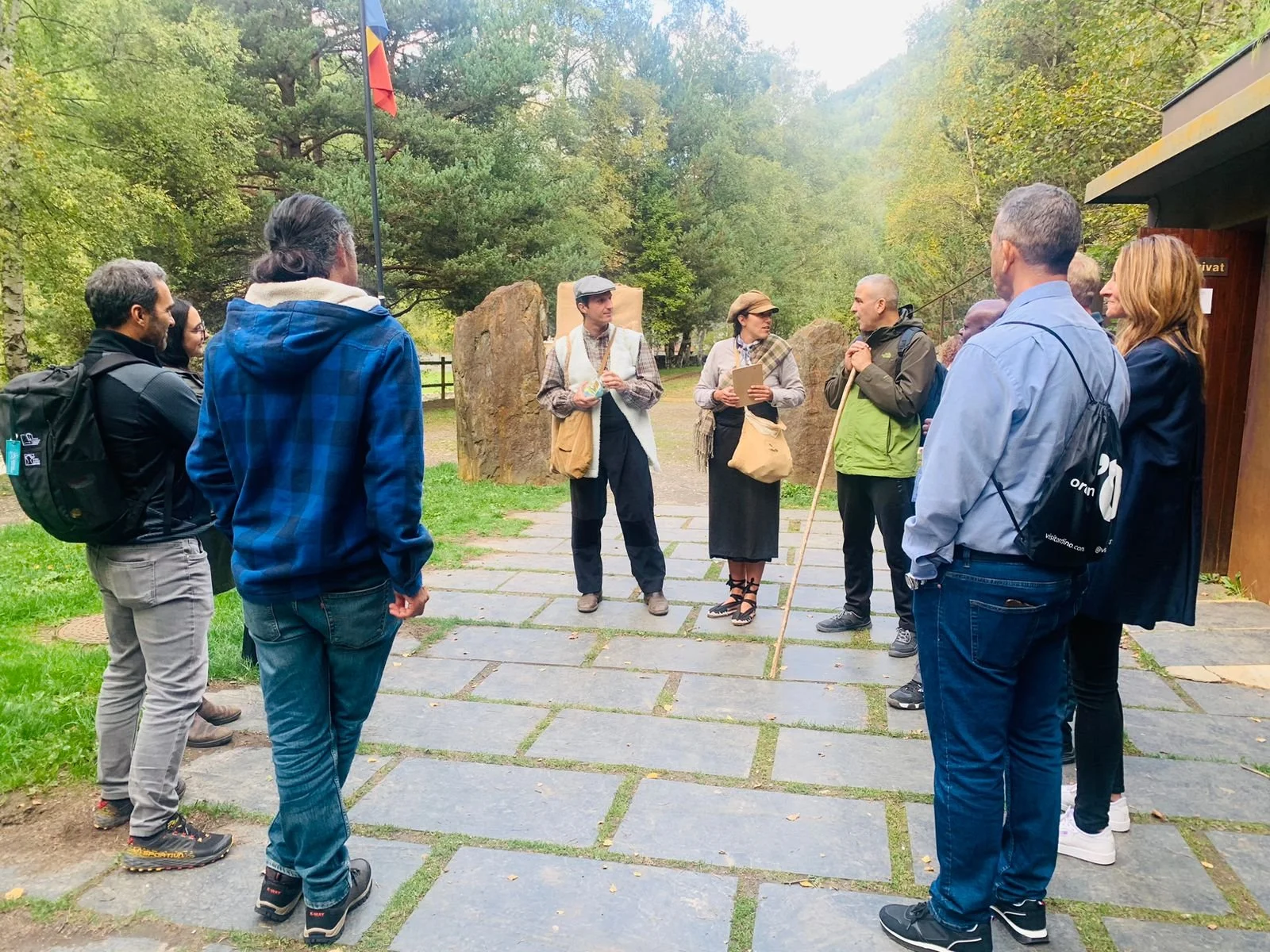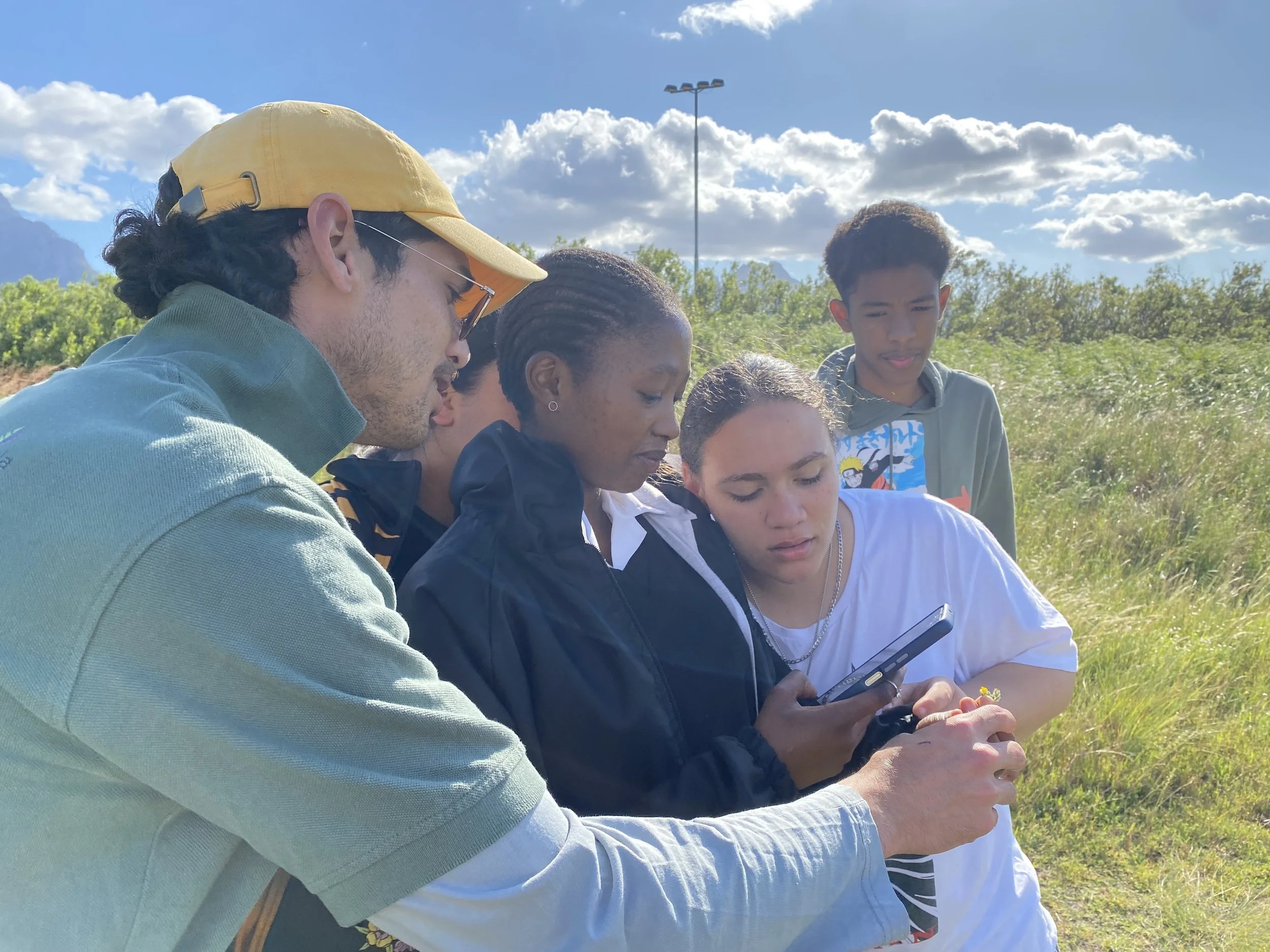An international student reflects on her experience after having the opportunity to visit one of the Young Mother Support initiatives in Villiersdorp, the Blossom Café. Co-created and supported by Cape Winelands Biosphere Reserve.
This afternoon, we met a larger group of young girls at the “Blossom Café.” The girls meet every two weeks. The local Flourish host is one of the people responsible for organizing it.
We all sat in a circle, and we started right away with a dance, which helped lighten the mood, especially because some of the girls were shy. After that, we prayed and introduced ourselves. Even if you don’t believe in God, it was a few moments of reflection where you could look within yourself.
I personally felt like part of the group because it was also new for the girls (it had only recently started), and we were given the same task to complete together. We had to write down on a piece of paper what makes us sad or afraid. Even though it was anonymous, I found it hard to write something down. I wasn’t sure if I should open up that much.
I wrote: losing someone I love, Violence, Not being honest, Unfairness.
Looking back, I think I should have written more and allowed myself to be more open. The girls around me didn’t hesitate and wrote a lot. That surprised me because, as a young child, you usually have fewer fears, don’t you? But, of course, this is extremely personal and individual.
Once we were done, we all put our papers in a box, and each person had to take a random one and read it loud anonymously. Almost every girl had written about bullying at school. That made me really sad because it reminded me that I was also excluded at times in elementary school. I’m so grateful that this is no longer the case for me in high school, and I hope the girls will be able to rise above it and build real friendships. It’s heartbreaking how mean children can be and how much they can hurt others…
Some girls wrote that they were afraid of getting pregnant. As an 11-year-old, I never had the fear of getting pregnant or being raped, and that makes me so sad. But the facilitator said she would be there for the girls and support them, which made me really happy.
Two girls have also lost their parents, which reminded me of a question a girl from the Earthlings (Eco-Educational club, Stormsriver, Tsitsikamma) asked me: Do you have a mom and dad? At that moment, I just wanted to hug my parents.
At the end, we had a discussion where we talked about the importance of supporting one another. My classmate summed it up perfectly by saying how important it is for women to use their voices. It felt so good to talk about female empowerment together. I felt personnaly really empowered. The feeling was incredible, I had goosebumps.
(Now that I’m going over this again, International Women’s Day was on March 8th, and this day is just so important! Women can achieve anything they want, and it’s about supporting young women and encouraging them, including myself, because I sometimes have doubts too.)
Further reading and background of the reflection…
In February, the Cape Winelands Biosphere Reserve team had the pleasure of hosting the yearly cross-cultural trip with the Athénée school Edulink class from Luxembourg. The students and teachers’ part-took in various projects and educational activities, learning alongside local youth, having cross-cultural engagements over the course of two weeks.
Athénée Action Humanitaire, the school NGO, have supported Cape Winelands Biosphere Reserve eco-educational and socio-economic projects since 2016, reaching over 26 000 people.
Photo features the first Blossom Cafe outing that took place last year. The girls, accompanied by facilitators, visited Two Oceans Aquarium.
The Blossom café workshops, for girls aged 12 – 16, are co-facilitated bi-weekly with the Flourish host, alongside two additional facilitators. The aim is for the vulneable girls in the community to gain access to available resources, build a strong support system in the community, foster healthy friendships, and recieve nutrition education.
Cape Winelands Biosphere Reserve also supports the Flourish host in her mission to reach and educate at-risk young pregnant mothers, unemployed, or suffering from substance abuse. Flourish is a national Grow Great initiative offering 10-week classes in post and antenatal classes, focusing on the first 1000 days of a baby’s life. They baby and the mother’s health and wellbeing.

































